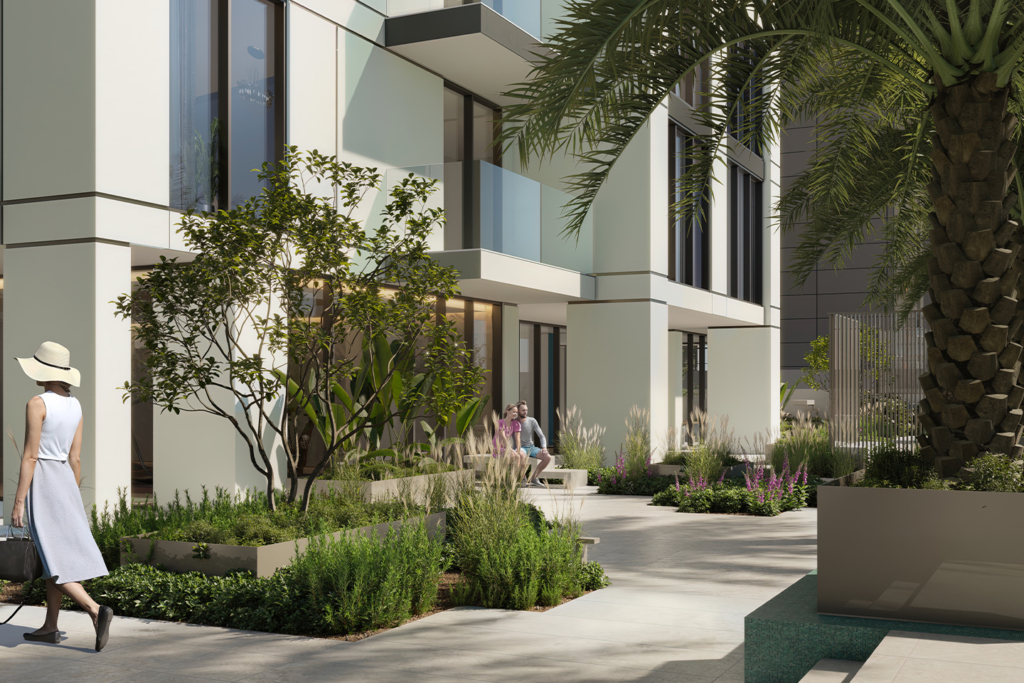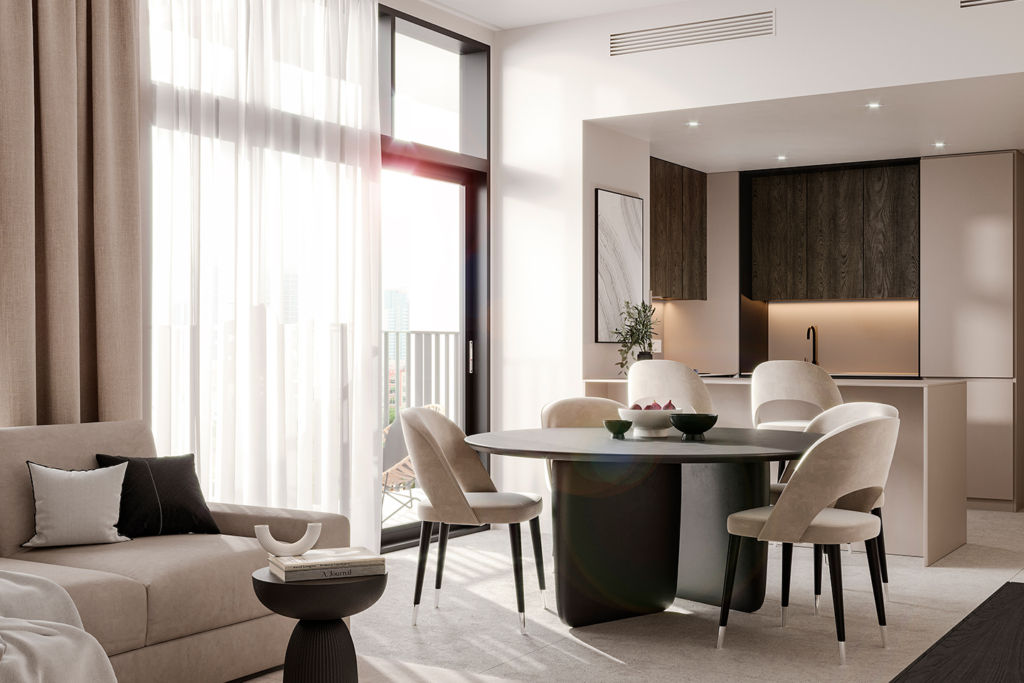How to rent a property in Dubai
The time has come to find your new home. Read this quick guide on how to rent a property in Dubai and understand what to expect during the leasing process.
Your guide to how to rent a property in Dubai

What you need to rent a property in Dubai
Before starting your property search, it’s essential to have all the right documents in place.
For long-term rentals, make sure you have a valid passport, residency visa, and Emirates ID. If you’re renting for a short term or a holiday home, you won’t need a residency visa.
Budget is another important consideration. Along with your monthly rent, you’ll need to factor in a security deposit, which is usually 5% of the annual rent for unfurnished properties and 10% for furnished ones. Additionally, there may be an agency fee of around 5% of the annual rental amount.
Timing, Location, and Type of Property
The ideal time to begin your property search is 1-2 months before your move-in date. Start too early, and you may find that some listings are no longer available. As you plan your search, think about where you want to live and what type of property you’re looking for. Dubai has over 200 residential communities, giving you many options to explore.
When deciding on the type of property, you’ll need to choose between apartments, villas, townhouses, and penthouses. Your Property Consultant will be able to guide you based on your personal needs and budget, ensuring you find the right fit.


Legal requirements and additional costs to expect
Once you’ve agreed on a rental property, you’ll sign a tenancy contract that outlines the terms of the lease. Dubai’s rental market is regulated by the Real Estate Regulatory Agency (RERA), which ensures that tenants are protected by various laws, including the requirement for landlords to give a 12-month notice for eviction under certain conditions.
Besides the rent, there are some additional costs involved. Tenants typically pay an agency fee (around 5% of the annual rent) and a security deposit (which is 5-10% depending on the property). Understanding these costs upfront will help you prepare financially for the move.
Frequently Asked Questions
The time it takes to lease a property can vary based on factors like your timeline, the required documentation, and whether you are working with a reputable real estate agency. Some clients have secured their rental within two days, but this is not guaranteed. Once you find a rental, the earliest possible move-in date is typically five days after signing the lease. This period allows time to register your Ejari, activate utilities, and get your move-in permit. For a more accurate timeline, your Property Consultant can provide specific details based on your situation.
Both short-term and long-term leases are great options, depending on your needs. If you’re a UAE resident seeking a yearly contract, a long-term lease would be more suitable. You can opt for furnished rentals or furnish the place yourself, with rent usually paid via one or more post-dated cheques. On the other hand, if you’re not a resident or need more flexibility, a short-term lease is ideal. These leases are fully equipped, and you can stay for as long as you need—be it days, weeks, or months—without the hassle of furnishing or purchasing household items.
Ejari is a quick and straightforward process that all tenants must complete to register their tenancy contract. After signing your agreement, you will need to visit an Ejari center with the necessary documents (your Property Consultant will provide a list). There is a minimum fee of AED 215 plus 5% VAT to complete the registration.
Once your Ejari registration is complete, you will receive a welcome SMS and email from DEWA (Dubai Electricity and Water Authority) containing your account and premises number, along with a link to pay the security deposit. The deposit is AED 2,000 for apartments and AED 4,000 for villas, and there’s an activation fee of AED 130 plus 5% VAT. Once the deposit is paid, electricity and water services will be activated within 24 hours. If needed, our team can assist with registering your DEWA and Ejari for AED 1,400 (including VAT).
After selecting your rental property, you’ll need to handle some paperwork. Key documents include the tenancy contract, which should always be reviewed with your Property Consultant before signing. Both you and the landlord will sign a copy, and you’ll each keep one.
Additionally, many properties—especially those in high-demand areas—may require cheques for rent payments. While electronic payments are sometimes accepted, be prepared for upfront payment via one cheque for the entire year, or possibly quarterly or monthly cheques. Also, you’ll need to provide a security deposit (either in cash or cheque). Once you have the necessary cheques, your Property Consultant will deliver them to the landlord and give you receipts.
In most cases, yes, a move-in permit is required, especially in communities and apartment complexes. This ensures that movers can access the road and common areas. However, some properties without shared spaces may not need this permit. If a permit is required, and if we have the details, our Customer Service team will send you instructions on how to apply.
